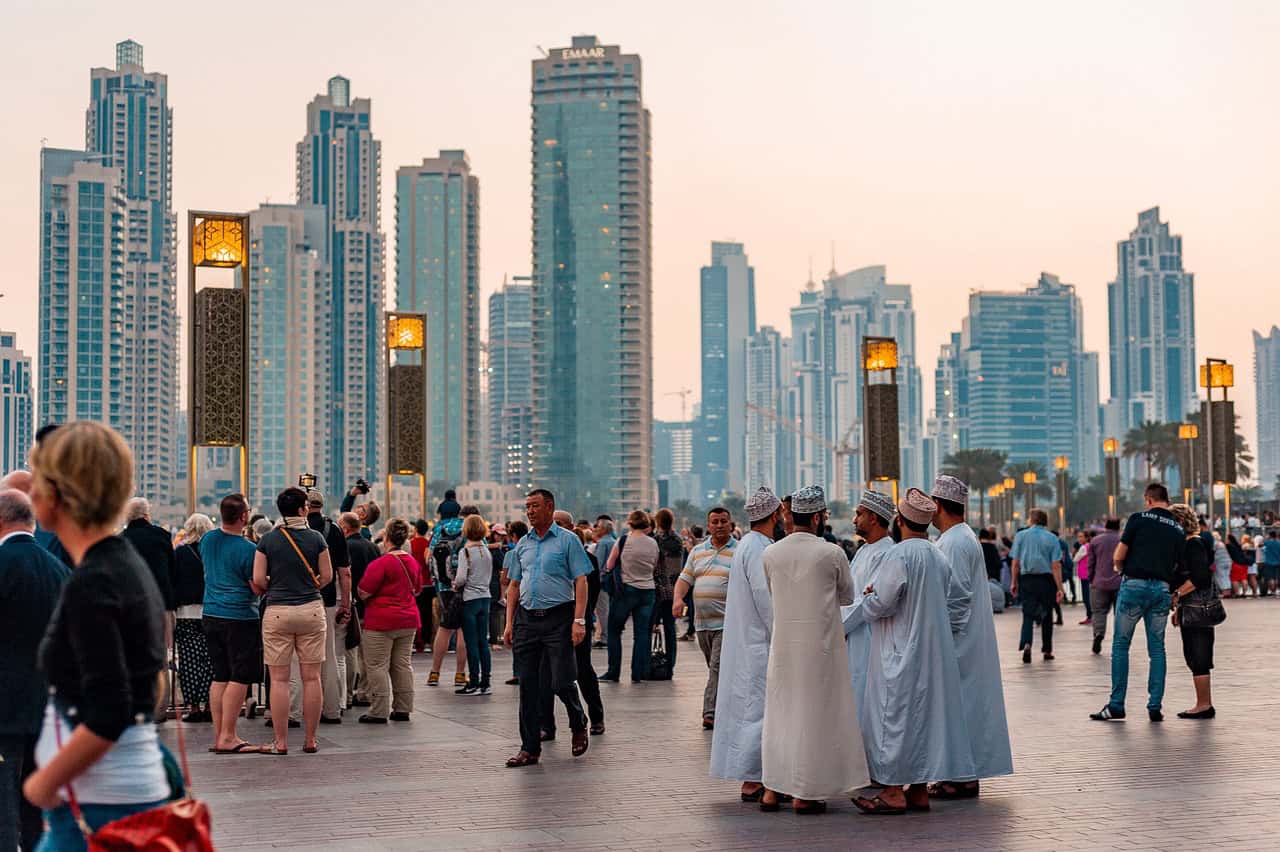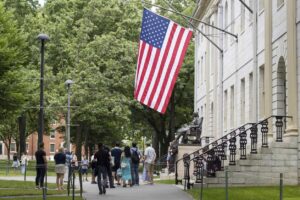Following the January 15 launch of a new British Council report examining TNE opportunities in the Middle East, delegates of the AACSB MENA conference heard about the growing demand for branch campuses in Dubai.
“By 2040, we’re anticipating that we will more than double enrolment in higher education,” Nitesh Sughnani, director of university ratings at Dubai’s Knowledge and Human Development Authority (KHDA) told delegates.
“Taking into account the current capacity and future expansion plans of existing universities, we anticipate we will need 10 to 15 more branch campuses to deal with demand. Supply is growing exponentially, and the education sector has to respond,” said Sughnani.
The UAE has become a key regional and global hub for TNE, hosting over 237,000 international students in 2023, noted the report.
Currently, there are 57 international institutions in Dubai, most of which are branch campuses located in the developmental ‘freezones’ of Dubai’s Knowledge Village or Dubai International Academic City (DIAC). Nine of the Branch campuses are run by UK institutions.
“The freezones were the catalyst for growth because they enabled universities to come without significant capital infrastructure investment and work with partners. They had access to world class facilities and were able to slowly grow from a small size,” said Sughnani.
By 2040, we’re anticipating that we will more than double enrolment in higher education
Nitesh Sughnani, KHDA
Middlesex University (MDX) Dubai, the country’s largest British higher education institution and one of the first international branch campuses in the UAE, was established in 2005 in Dubai’s Knowledge Village freezone and has since expanded further into the DIAC as of 2021.
The report highlighted the success of MDX Dubai – which hosted the conference – and which currently enrols over 6,300 students from 120 countries.
The institution’s rapid growth, which is forecast to increase enrolment levels to 8,000 students in the next four years, is indicative of Dubai’s burgeoning student population fuelling demand for more higher educational institutions.
“Middlesex University Dubai is proud to play a significant role in advancing TNE within the UAE, supporting high-quality TNE partnerships that address both local and global needs,” said Cedwyn Fernandes, director of MDX Dubai, on the publication of the report.
“We have consistently focused on financial sustainability, strong student enrolment, and offering diverse programs aligned with Dubai’s economic priorities,” added Fernandes.
Last year, Dubai’s KHDA received roughly 70 expressions of interest in setting up a branch campus, as compared with an average of 10 – 15 requests which has been typical of the past five years, according to Sughnani.
While welcoming the “tremendous interest”, Sughnani said he understood that they had to be selective: “We’ve got to protect institutions that are here, investments that are already in the country, and we’re got to bring in institutions that have value and feed gaps in the market.”
These priorities are outlined in Dubai’s Education 33 (E33) strategy announced in November 2024, which sets ambitious goals for higher education including growing Dubai’s international student population by 50% and achieving 10X growth in education tourism by 2033.
The strategy also covers K-12 and is aiming to add 49,000 new affordable school seats by 2033.




